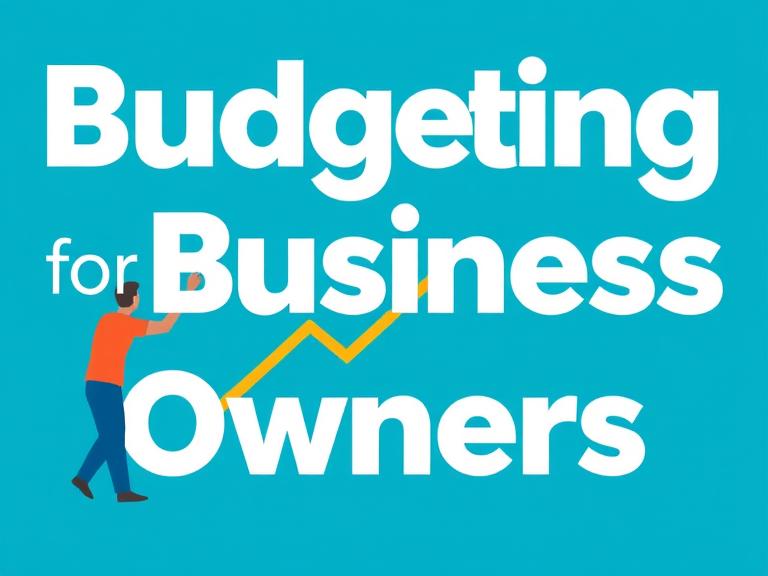Creating and maintaining a budget is one of the most powerful habits a business owner can develop. A well-structured budget helps you plan for the future, control spending, and stay aligned with your financial goals.
Start with historical data if available—look at past revenue and expenses. If you’re just starting out, estimate based on market research, supplier quotes, and basic operating needs.
Your budget should include:
- Fixed costs (rent, salaries, software)
- Variable costs (raw materials, commissions, utilities)
- Revenue projections (based on realistic sales forecasts)
- Profit margins (aim for sustainable growth, not just break-even)
Use budgeting software or spreadsheets to organize your numbers. Break it down monthly, quarterly, and annually for flexibility and tracking.
Review your budget regularly. Compare actual vs. projected figures to spot variances. Adjust plans as needed—no budget is set in stone.
Don’t forget to include a contingency fund. A small buffer for unexpected costs helps you stay on track without panic.
Budgeting is more than math—it’s about discipline and direction. It keeps your business grounded in reality, prepares you for challenges, and allows you to take advantage of opportunities with confidence.

Leave a Reply